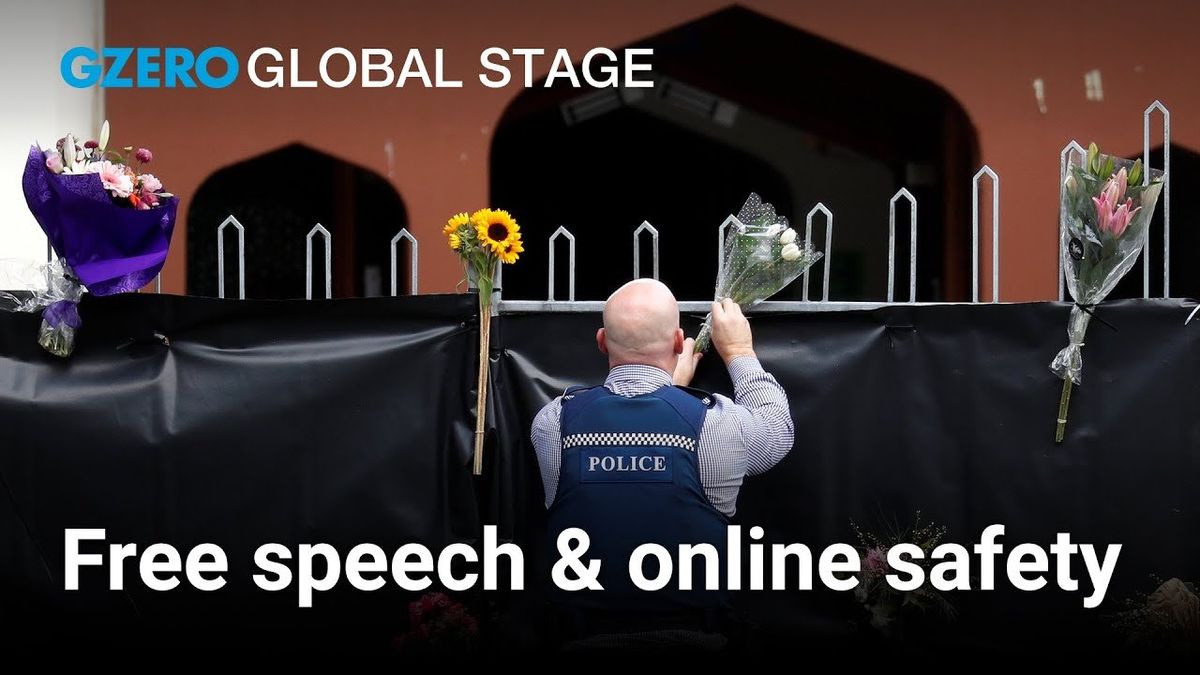Fighting online hate: Global internet governance through shared values
After a terrorist attack on a mosque in Christchurch, New Zealand was live-streamed on the internet in 2019, the Christchurch Call was launched to counter the increasing weaponization of the internet and to ensure that emerging tech is harnessed for good.
In a recent Global Stage livestream, from the sidelines of the 78th UN General Assembly, former New Zealand Prime Minster Dame Jacinda Ardern discussed the challenges and disparities inherent in the ever-evolving digital age, ranging from unrestricted online platforms in liberal democracies to severe content limitations in certain countries.
“If you look beyond just liberal democracies, on the one hand you have the discussion about free speech and the view that some hold around being able to use online platforms to publish just about anything. Then in some countries, the inability to publish anything at all,” said Ardern.
In her new role, as Special Envoy for the Christchurch Call, she advocated for departing from conventional country-centric strategies and proposed a foundation built upon shared values instead, prioritizing the safeguarding of human rights and the preservation of an open internet over national interests. “Let's establish the value set, the common problem identification to bring everyone around the table.”
Watch the full Global Stage Livestream conversation here: Hearing the Christchurch Call
- Hearing the Christchurch Call ›
- Facebook allows "lies laced with anger and hate" to spread faster than facts, says journalist Maria Ressa ›
- What We’re Watching: Ardern's shock exit, sights on Crimea, Bibi’s budding crisis, US debt ceiling chaos ›
- Jacinda Ardern on the Christchurch Call: How New Zealand led a movement ›

















